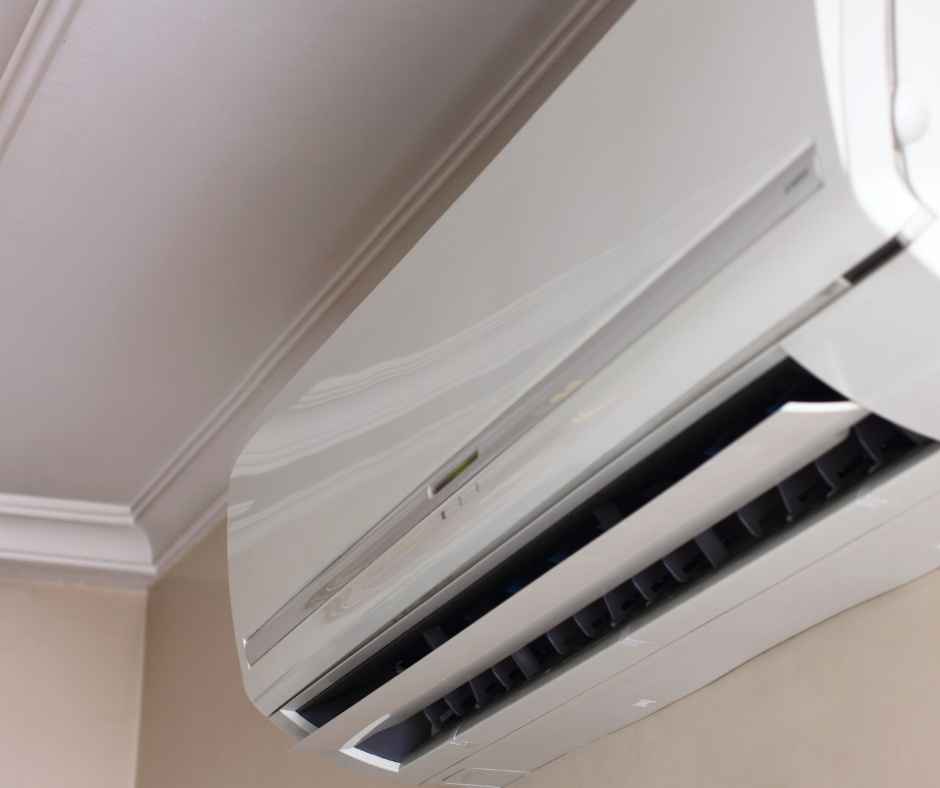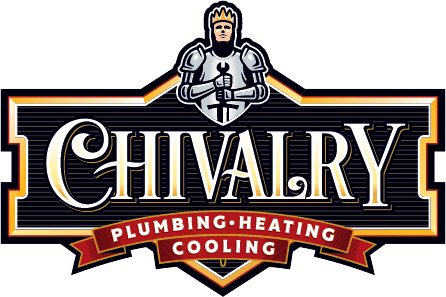
Freeze & Burst Protection in Massapequa: How to Safeguard Pipes Before Winter
Winter in Massapequa brings more than chilly temperatures. It also brings the risk of frozen or burst pipes, one of the most costly plumbing emergencies homeowners can face. When water freezes inside your plumbing, it expands and puts pressure on the pipes, often leading to cracks or full ruptures.
The good news is that most freeze and burst damage can be prevented with the right preparation. Taking a few simple steps before the cold sets in can save you from expensive repairs and water damage later.
In this blog, we will explain why pipes freeze, which areas of your home are most at risk, and how to protect your plumbing system before winter arrives. With a little planning and help from Chivalry Plumbing, Heating & Cooling, you can keep your water flowing safely all season long.
Why Pipes Freeze and Burst
When temperatures drop below freezing, the water inside your pipes begins to solidify. As it freezes, it expands and creates pressure within the pipe walls. If that pressure becomes too high, the pipe can crack or burst, sending water into your home once the ice thaws.
Some areas of a home are more vulnerable than others. Pipes in these spaces are often the first to freeze:
- Exterior walls with little or no insulation
- Unheated basements and crawl spaces
- Attics or garages where the air is colder and less regulated
- Outdoor plumbing lines, such as hose bibs or sprinkler systems
Older homes in Massapequa are particularly at risk since they often have outdated or exposed plumbing. Materials like copper or rigid PVC can also be more prone to splitting when frozen.
Signs Your Pipes Are Vulnerable
Some warning signs can indicate that your pipes are at risk before freezing temperatures even arrive. Spotting these early helps you take preventive action and avoid pipe repairs later.
Look for these common signs of vulnerable pipes:
- Cold drafts near plumbing fixtures, walls, or under sinks
- Exposed pipes in basements, attics, garages, or crawl spaces
- Frost buildup on pipes or valves during cold nights
- Uninsulated outdoor faucets or spigots
- Slow or reduced water flow, which may signal partial freezing
If you notice any of these issues, your plumbing system is likely unprotected against the upcoming cold. Adding insulation, sealing leaks, and scheduling a professional inspection can make a big difference in preventing frozen or burst pipes once temperatures drop in Massapequa.
Step-by-Step: How to Protect Your Pipes Before Winter
Preparing your plumbing for cold weather is the best way to avoid frozen and burst pipes. With a few simple tasks, you can safeguard your system and prevent costly damage when temperatures drop.
Follow these steps to get your home ready for winter:
- Insulate exposed pipes: Use foam sleeves or wrap pipes in basements, crawl spaces, and along exterior walls. Focus on areas where temperatures drop quickly.
- Seal cracks and air leaks: Check around windows, doors, and foundation openings for gaps that let in cold air. Use caulk or insulation to keep warm air inside.
- Disconnect outdoor hoses: Drain and store garden hoses before freezing weather arrives. Close interior shut-off valves to outdoor spigots and let any remaining water drain.
- Drain irrigation systems: Remove water from sprinkler lines and shut off the system for the season.
- Keep indoor heat consistent: Maintain your thermostat at or above 55°F, even when away from home, to prevent freezing in hidden areas of your plumbing.
- Open cabinets under sinks: Allow warm air to circulate around pipes, especially those on exterior walls.
These easy steps can dramatically reduce the risk of frozen pipes in your Massapequa home. For added protection, consider having your plumbing system inspected by Chivalry Plumbing, Heating & Cooling before winter begins.
The Role of Insulation and Heat Cables
Pipe insulation and heat cables are two of the most effective ways to prevent frozen plumbing during a Massapequa winter. They protect exposed pipes from cold air and help maintain a steady internal temperature, even on the coldest nights.
Pipe insulation is a simple, affordable option for most homes. Foam sleeves or fiberglass wraps act as a barrier between your pipes and cold air. They are especially useful for unheated spaces like basements, garages, and crawl spaces.
Heat cables provide extra protection for pipes that are difficult to insulate or are located in extremely cold areas. These electric cables run along the length of the pipe and gently warm it to prevent freezing. Some models even have built-in thermostats that activate automatically when temperatures drop.
For best results, insulation and heat cables should be installed before winter begins. A professional plumber can identify high-risk areas, recommend the right materials, and ensure everything is installed safely and effectively.
When properly used, these tools can mean the difference between a trouble-free winter and a burst pipe emergency.
What to Do If a Pipe Freezes
Even with the best precautions, freezing can still happen during severe cold spells. Acting quickly can help prevent a burst pipe and major water damage.
If you suspect a frozen pipe, follow these steps right away:
- Turn off the water supply. This prevents additional pressure from building up if the pipe bursts.
- Open nearby faucets. Allowing water to flow helps relieve pressure as the pipe begins to thaw.
- Apply gentle heat. Use a hair dryer, space heater, or warm towels to thaw the frozen area slowly. Never use an open flame or blowtorch, which can damage pipes and create a fire hazard.
- Check for leaks. Once water begins flowing again, inspect the pipe carefully for cracks or drips.
If you cannot locate the frozen section or if a pipe bursts, shut off your main water line immediately and call a professional.
Why Professional Winterization Matters
While many preventive steps can be done on your own, professional winterization provides a higher level of protection for your home’s plumbing. Licensed plumbers have the tools and experience to find problems homeowners might miss, ensuring every vulnerable pipe is properly protected before freezing temperatures arrive.
A professional winterization service typically includes:
- Inspecting exposed and hidden pipes for weak spots or existing damage
- Adding or upgrading insulation where it is missing or insufficient
- Draining outdoor lines, irrigation systems, and hose bibs
- Testing shut-off valves and checking for leaks
Professional plumbers can also recommend advanced options such as automatic shut-off valves and temperature sensors that protect your home even when you are away.
Scheduling a winterization visit with Chivalry Plumbing, Heating & Cooling gives you peace of mind knowing your pipes are ready for whatever the Massapequa winter brings. Their expert team can help you avoid costly burst pipe repairs and keep your plumbing system running smoothly through the coldest months.
Protect Your Massapequa Home This Winter
Frozen and burst pipes can cause significant damage and costly repairs, but with the right preparation, you can prevent these problems entirely. Simple steps like insulating exposed pipes, sealing air leaks, and keeping steady indoor heat make a major difference when temperatures drop.
The best protection comes from being proactive. Before winter arrives, schedule a plumbing inspection and winterization service to make sure your system is ready for the cold.
Chivalry Plumbing, Heating & Cooling is proud to help Massapequa homeowners safeguard their homes with expert freeze and burst protection services. Their licensed technicians can identify risks, reinforce vulnerable areas, and ensure your plumbing stays secure all winter long. Contact us today to schedule your winterization service and protect your home from the next cold snap.
Frequently Asked Questions About Preventing Frozen Pipes
How cold does it have to be for pipes to freeze?
Pipes typically begin to freeze when temperatures drop to around 20°F or lower, especially if they are uninsulated or exposed to outdoor air. Homes in Massapequa can see these temperatures during winter, which makes preparation essential.
What type of insulation works best for preventing frozen pipes?
Foam pipe sleeves are the most common and effective insulation for indoor plumbing. For outdoor or extremely cold areas, fiberglass wrap or heat cables may offer added protection.
Can running water help prevent freezing?
Yes. Letting a small trickle of water flow through faucets during extreme cold can help relieve pressure and keep water moving, reducing the risk of freezing.
Should I turn off my water if I leave home for winter?
If you plan to be away for more than a few days during freezing temperatures, turning off your home’s main water supply is a smart move. Drain pipes and leave faucets open to prevent water from sitting inside.
What should I do if a pipe bursts?
Immediately shut off your main water supply and call a plumber. Avoid trying to repair the pipe yourself. Chivalry Plumbing, Heating & Cooling provides emergency plumbing service in Massapequa to handle burst pipe repairs safely and quickly.
Recent News
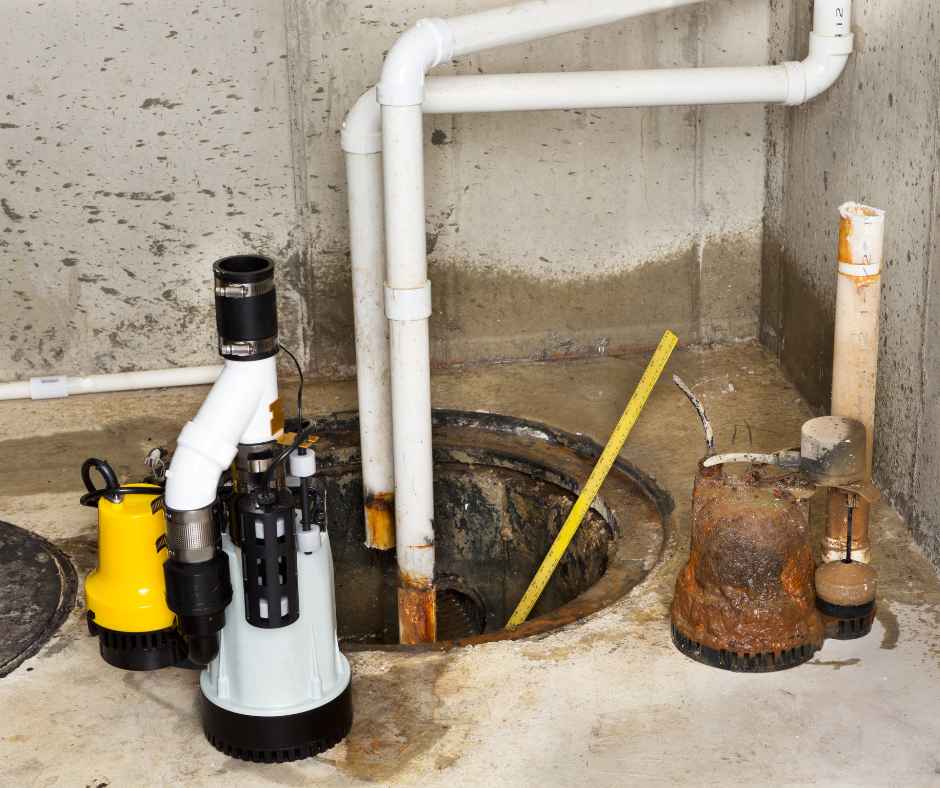
How to Prepare Your Home’s Systems Before Spring Storms Hit Long Island
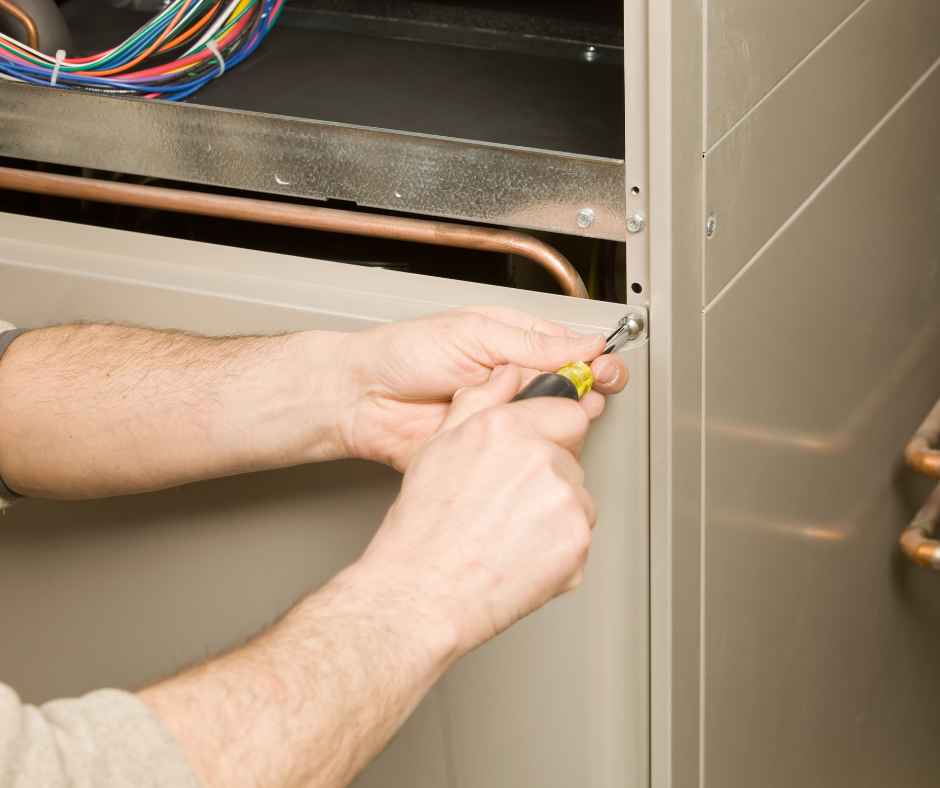
How to Lower Heating Bills During a Long Island Winter Without Losing Comfort

Smart Plumbing Upgrades That Save You Money in New York
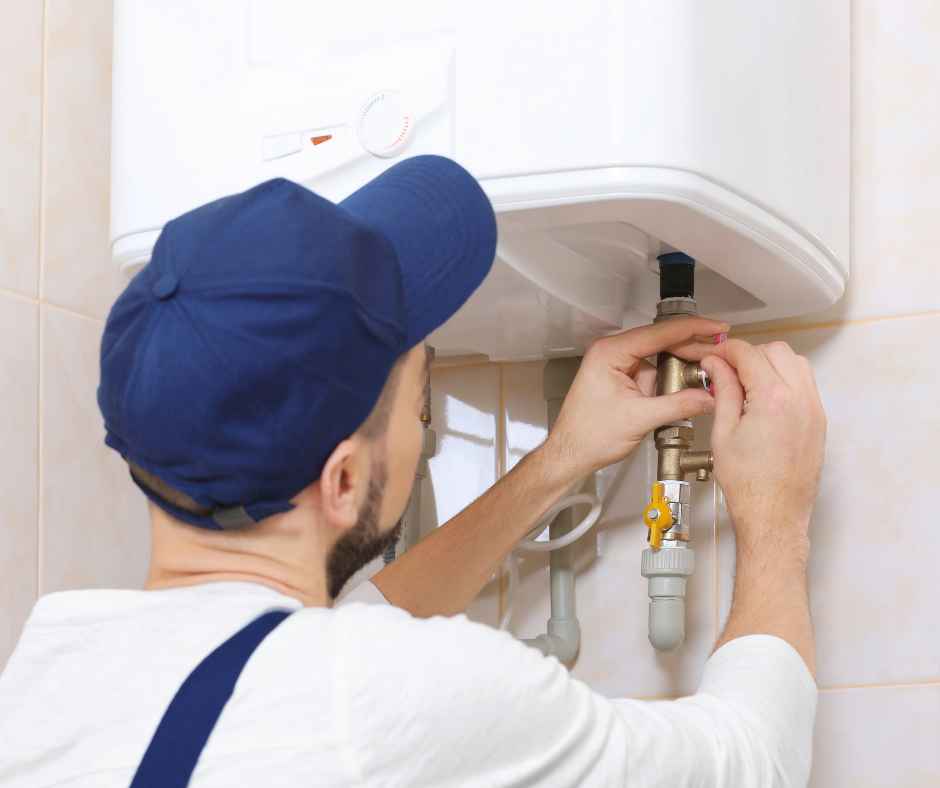
Massapequa Home Plumbing Audit: 20-Point Checklist
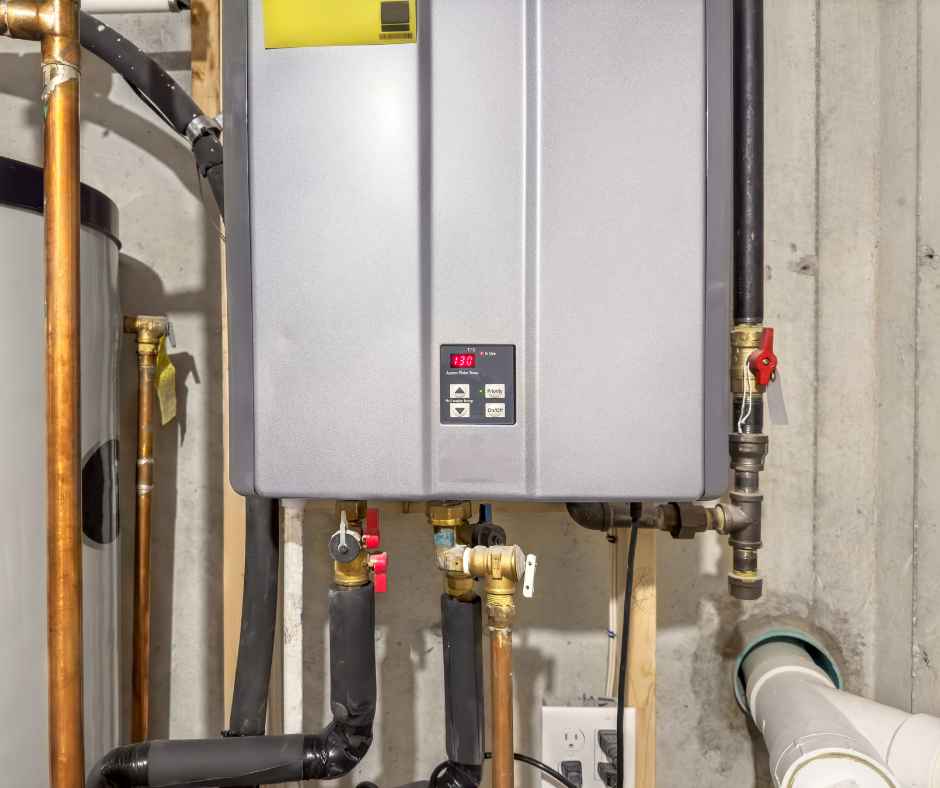
Tankless vs. Traditional Water Heaters: An Unbiased Cost-Benefit Analysis
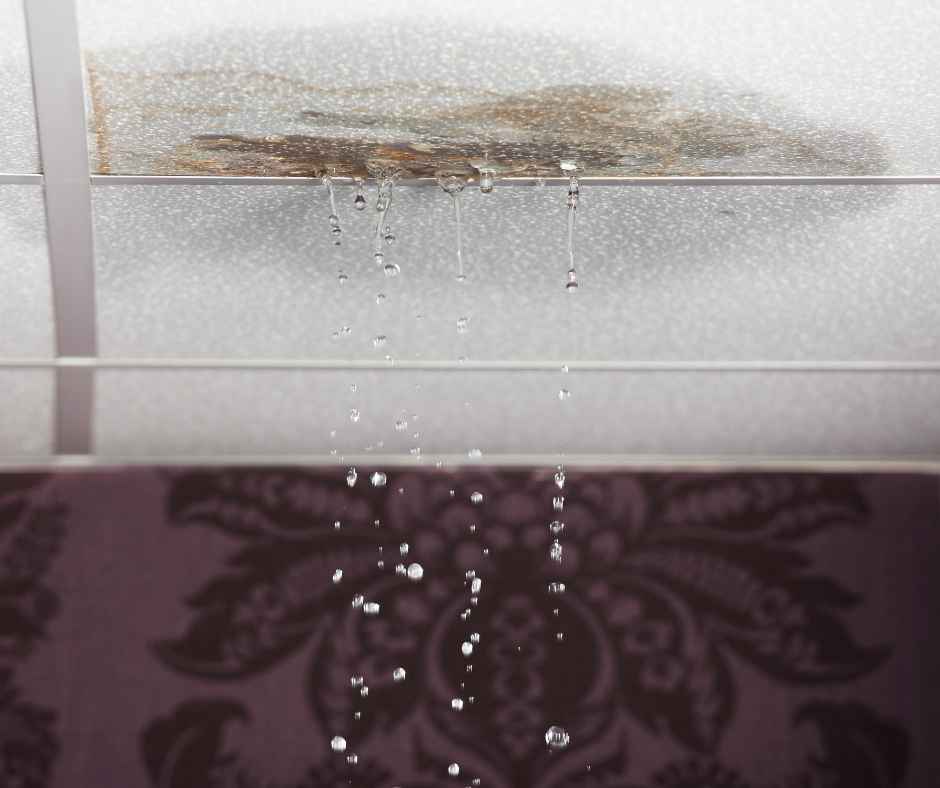
7 Early Warning Signs of a Hidden Leak (and How to Fix Them Fast)
